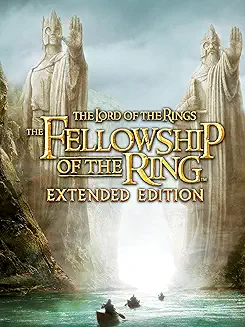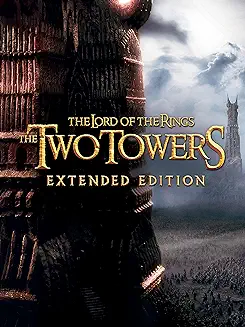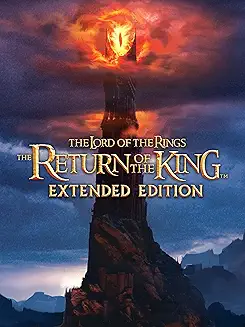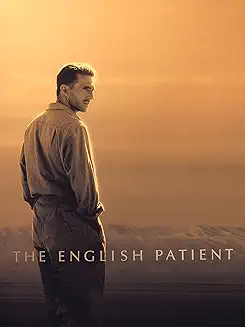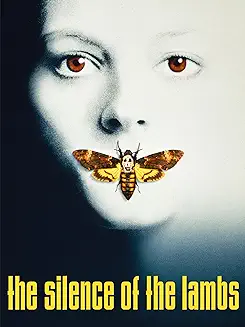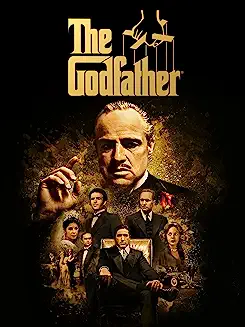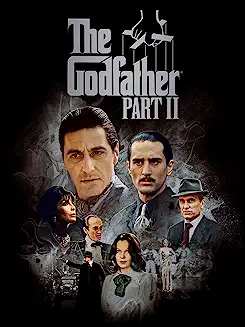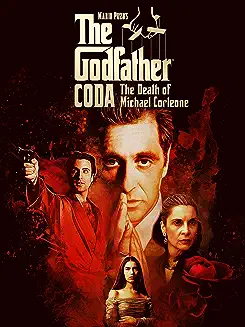Experience Literary Magic: 5 Novels on Film that Won The Top Prize at the Academy Awards.
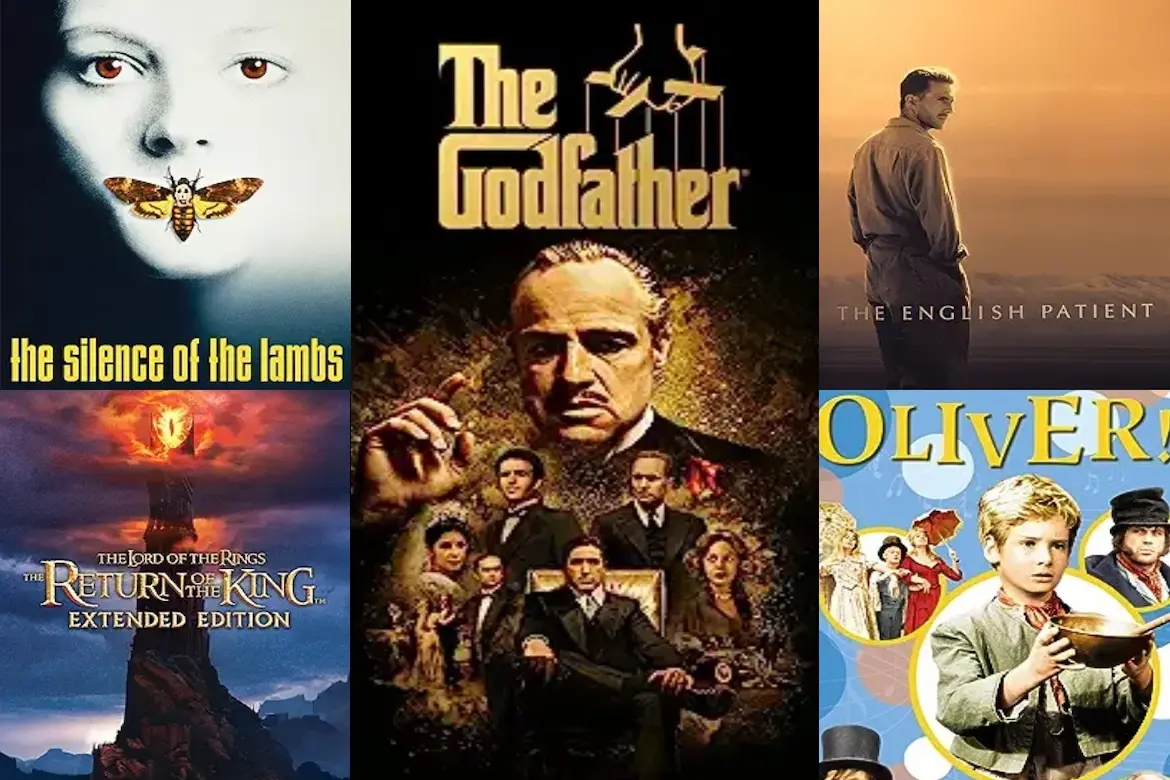
Have you ever left the cinema, awestruck by a movie, only to discover that its brilliant plot was actually birthed from the pages of a novel? This is not an uncommon phenomenon. Especially if the title’s been changed. In fact, some of Hollywood’s most glittering jewels are film adaptations of novels. Welcome to our exploration of five outstanding novels that inspired cinematic masterpieces that clinched the Academy’s coveted Best Picture award.
With an amalgamation of compelling narratives and exceptional filmmaking, these novels on film have enraptured audiences and critics alike. They have seamlessly bridged the gap between literature and cinema while showcasing their ability to tell stories in ways both similar and starkly different. So fasten your seat belts as we take you on a thrilling journey through memorable characters, intricate plots, and poignant themes that made these novels-turned-films award-winning phenomena!
In This LitStack Review of 5 Novels on Film:
Lord of the Rings: Return of the King (2004) by J.R.R. Tolkien
The Lord of the Rings: The Return of the King is the third and final volume in J. R. R. Tolkien’s epic fantasy The Lord of the Rings. It was first published in 1955.
The story follows the hobbit Frodo Baggins as he and the Fellowship continue their quest to destroy the One Ring, an evil artifact created by the Dark Lord Sauron. The Fellowship has been broken, and Frodo and his companion Samwise Gamgee must continue the quest alone. They are joined by Gollum, a creature who was once a hobbit but has been corrupted by the Ring. Gollum leads Frodo and Sam to Mordor, the land where Sauron lives, but he is planning to betray them and take the Ring for himself.
Frodo and Sam eventually reach Mount Doom, the only place where the Ring can be destroyed. Gollum attacks Frodo and bites off his finger, taking the Ring with him. However, Gollum loses his balance and falls into the fires of Mount Doom, destroying the Ring and himself.
With the destruction of the Ring, Sauron is defeated and the forces of good are victorious. Frodo and Sam are hailed as heroes, and they return home to the Shire.

The Awards Experience – One Film Award For All Three Films!
Undeniably, the Academy Award ceremony that marked a monumental victory for the Lord of Rings: Return of the King was one to remember. The vibrant setting and electrifying atmosphere only punctuated this exquisite execution of film adaptation from the novel. As each accolade fell onto Tolkien’s saga, you couldn’t help but marvel at how Jackson’s full embracement of the fantasy genre shook Hollywood. While this third film of the trilogy took home all the awards, they were, of course, awarded to acknowledge the achievements of the film trilogy, which raised the fantasy genre to its highest levels of achievement.
The clean sweep of 11 wins out of 11 nominations – surely an Academy record in itself – left no doubt that novels on film could evolve into exceptional artworks. This epic triumph reaffirmed faith for all film lovers and book lovers whose hearts are embedded in reinventing classic literature into breathtaking cinema magic. Indeed, that night wasn’t just a win for the movie or its ensemble; it was an undeniable testament to creativity breathing life into the combination of masterpiece novels into celluloid!
The English Patient (1997) by Michael Ondaatje
The English Patient is a 1992 historical novel by Michael Ondaatje. It won the 1992 Man Booker Prize and the 1993 Pulitzer Prize for Fiction. The novel is set in Italy during World War II and tells the story of a burned man known only as the English Patient, a Hungarian cartographer and spy named Count László de Almásy, and a French-Canadian nurse named Hana. The novel is narrated by Hana, who tells the story of the English Patient as she cares for him in a burned-out monastery. The novel explores themes of love, loss, and memory.

Shattering Cinematic Boundaries
The English Patient was a triumphant novel on film that swept the Academy Awards in 1997. A luscious testament to passionate storytelling, this movie not only adopted the essence of Michael Ondaatje’s novel but it masterfully embellished and enlivened it. From sweeping desert landscapes to minute emotional details, director Anthony Minghella brilliantly transformed prose into vibrant moving images that left audiences spellbound.
With nine Academy Awards to its name including Best Picture and Best Director, The English Patient established an unparalleled benchmark for novels on film. The award ceremony itself was like a bookmark in Hollywood history acknowledging the timeless theater of novels captured on celluloid. One cannot forget how Ralph Fiennes’ film representation of Count Laszlo de Almasy mesmerized critics and audiences alike, propelling novels on film adaptations towards new cinematic horizons!
Though for some it was a beloved film, there are others who find it equally boring.
Silence of the Lambs (1992) by Thomas Harris
The Silence of the Lambs is a 1988 novel by Thomas Harris. It is the second novel in the Hannibal Lecter series, following Red Dragon. The story follows Clarice Starling, a young U.S. FBI trainee, who seeks the advice of the imprisoned Dr. Hannibal Lecter, a brilliant psychiatrist and cannibalistic serial killer, to apprehend another serial killer, known only as “Buffalo Bill”. The novel was adapted into a 1991 film of the same name, which won five Academy Awards, including Best Picture and Best Director.
The novel was a critical and commercial success, and is considered one of the best crime novels ever written. It has been praised for its suspense, characterization, and exploration of dark themes.

The Cinematic Experience
Riding on the wave of film adaptations of novels, Silence of the Lambs, released in 1991 had left an indelible touch on cinema, fetching its rightful praise and recognition at the Academy Awards ceremony in 1992. Transcending traditional thriller norms, director Jonathan Demme’s genius triumphed in entwining psychological intricacies with raw horror – a commendable feat for novels on film scenario. This chilling adaptation from a Thomas Harris novel relished critical acclaim and monstrous box office success rightfully landing it five major Academy Awards.
Looking beyond mere blood-curdling screams and nerve-wracking suspense; Silence of The Lambs posed intricate questions about human psychology that resonated well with critics and audience alike. Norman Bates was an amateur compared to Dr. Hannibal Lecter’s bone-chilling mannerisms perfectly rendered by Anthony Hopkins.
The complexity wrapped around ‘good’ and ‘evil’, unraveling layers only a book-based film could astutely present thrust into the spotlight Clarice Starling’s valiant yet vulnerable character. It indeed proves why film adaptations from novels tend to satiate profound intellectual minds! The Silence of The Lambs (1991) was the second movie since It Happened One Night (1934) to sweep the Big 5! The top 5 Academy Awards for Writing, Actor, Actress, Director, and Picture (the movie One Flew Over The Cuckoo’s Nest (1975) also won the Academy’s Big 5.
The Godfather (1972) by Mario Puzo
The Godfather, written by Mario Puzo and published in 1969, is a crime novel about the Corleone family, a fictional Italian-American crime family based in New York City. The novel chronicles the family’s rise to power and the struggles they face to maintain it.
The novel was a critical and commercial success, and was adapted into a film of the same name in 1972. The film was also a critical and commercial success, and is considered one of the greatest films of all time.
The Godfather has been praised for its complex characters, its exploration of American values, and its depiction of violence. It has been criticized for its glorification of violence for the sake of family values and its glorification of organized crime. The film also is the gold standard for arguing that film meets the criteria that raises the medium into the realm of art.
The novel has been credited with popularizing the crime genre of fiction, and has been cited as an influence on many other works of fiction, including The Sopranos and Goodfellas.

Film Adaptations Walk On Thin Ice or Sleep With The Fishes
Film adaptations of novels often walk on razor-thin ice and The Godfather, based on Mario Puzo’s gripping mafia novel, was no different. Yet, instead of losing its footing, the cinematic masterpiece garnered an avalanche of praises that swept across theaters in 1972 and onwards to the Academy Awards ceremony. Each frame meticulously captured the essence of Puzo’s narrative while broadening its appeal.
Impeccably directed by Francis Ford Coppola, the movie created a cinematic vortex that engulfed viewers into a world replete with mobsters’ intrigues and familial bonds that went beyond blood. The film was celebrated not only for its captivating storyline but also for its innovative portrayal of characters rarely explored before in cinema – a triumph which sealed its victory at the coveted Academy Awards.
Instead of weighing down under the pressure to faithfully replicate every scene from Puzo’s novel, The Godfather imbibes the spirit to administer an exhilarating experience tailor-made for cinema lovers worldwide. As we revisit this award-winning classic through newer novels on film being adapted year after year, it continues to tower high amidst all –a testament to its timeless relevance!
Marlon Brando’s resounding ‘I refuse’ to the 1972 award for Best Actor in The Godfather sent tremors through Hollywood, crafting an unprecedented moment of drama and rebellion on an otherwise glamour-locked night. Beyond just his powerhouse portrayal of Vito Corleone, it was Brando’s audacious snub of the Academy Awards that set tongues wagging worldwide.
In an industry known for its vanity, Brando ironically used this famous platform to spotlight the disheartening treatment of Native Americans by the film industry and larger American society. What is truly extraordinary is how he relinquished his moment in the limelight at his career’s zenith to share it with a marginalized community. It wasn’t vanity; but empathy, vehemence, and aspiration that Marlon wore on his sleeve—an emblematic stamp carving out his legendary persona beyond being just a phenomenal actor.
This film’s progeny, The Godfather Part II, also won best picture, and so far the Godfather trilogy is the only sequel or trilogy of films that have won two of the Academy’s top prizes.
Oliver Twist – Oliver! (1968) by Charles Dickens
Oliver Twist is a 19th-century British novel by Charles Dickens. The book is set in London and follows the story of Oliver Twist, a young orphan who is forced to become a pickpocket after being placed in a workhouse. Oliver escapes from the workhouse and travels to London, where he meets a group of thieves led by Fagin. Oliver eventually escapes from Fagin and his gang and is taken in by a kind family named Brownlow. However, Oliver is kidnapped by Fagin and his gang and forced to participate in a robbery. Oliver is rescued by the police and is reunited with Brownlow. The novel ends with Oliver being adopted by Brownlow and living happily ever after.

Please, Sir. I Want A Musical, Sir.
The 1968 musical film, Oliver!, carved itself a significant niche in cinematic history as it indelibly marked the collective conscience of both cinephiles and critics. It’s delightful merging of Charles Dicken’s classic tale with profound musical elements fetched it widespread acclaim, culminating in its crowning glory at the Academy Awards ceremony. Interestingly enough, while choosing to extol themes of poverty, inequality and resilience through a musical lens was initially met with skepticism, Oliver! smashed this narrow prism to create an immersive experience etched on celluloid.
Seen retrospectively through the sophisticated lenses of today’s cinematic critique, not only did Oliver! break traditional boundaries by winning six Academy Awards including Best Picture but it also challenged genre-based notions prevalent during that era. The success with the Academy affirmed that cinema need not always adhere strictly to ‘serious’ storytelling methods to weave impactful narratives. That musicals were a viable genre of movie that could aspire to the level of art.
As much a social commentary as it was a lively Broadway-style spectacle, the movie asserted music’s place within dramatic storytelling and dictated unheard-of acceptance for contents wrapped under sugared coats of melody and grace. This consequently led to a shift in perceptions and unbolted new creative liberties for filmmakers afterwards.
There is no denying, however, that this film was the last of the musicals to win best picture from the Academy, until the musical film Chicago broke that dry spell at the 2003 awards, a full 35 years after Oliver! So far, Oliver! is the only Charles Dickens adaptation to win Best Picture.
Conclusion, Novels on Film
In conclusion, it is clear that novels have continually served as the premier source of inspiration for many iconic films. The complex plots and intricate character developments often found in books provide a rich and detailed blueprint for filmmakers to follow and expand upon. Moreover, adapting a novel into a film allows for an entirely new audience to experience and appreciate the story in a different and equally engaging medium. As avid consumers of entertainment, we should support these adaptations, understanding them as creative interpretations rather than mere replicas of the original work. Let’s continue to celebrate film adaptations for their unique ability to bring our beloved literary worlds to life on the big screen.
Other LitStack Resources
Be sure and check out other LitStack Reviews that provide in-depth critical examination of books we think you should read.
As a Bookshop, BAM, Barnes & Noble, Audiobooks.com, Amazon, and Envato affiliate, LitStack may earn a commission at no cost to you when you purchase products through our affiliate links.

